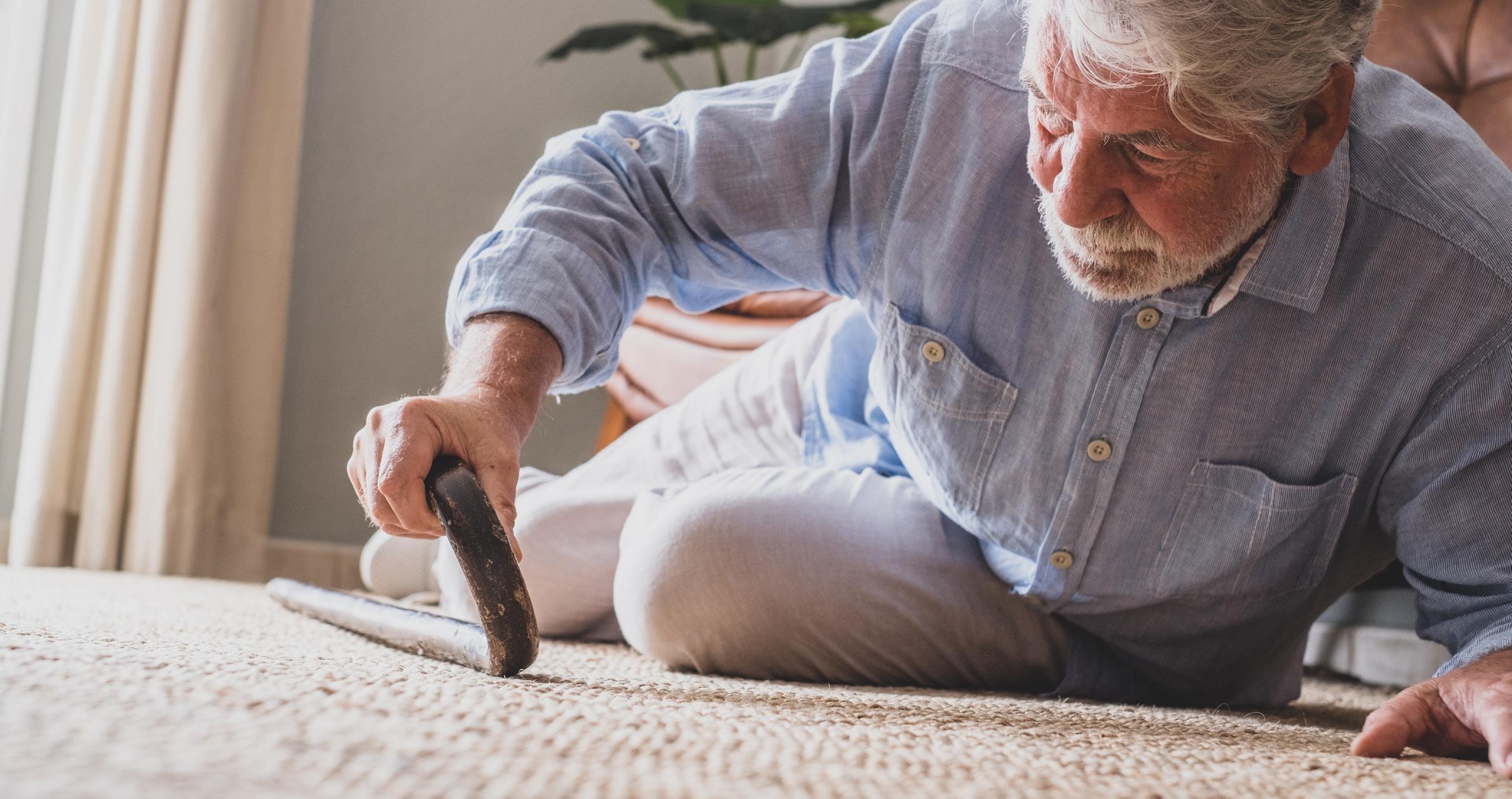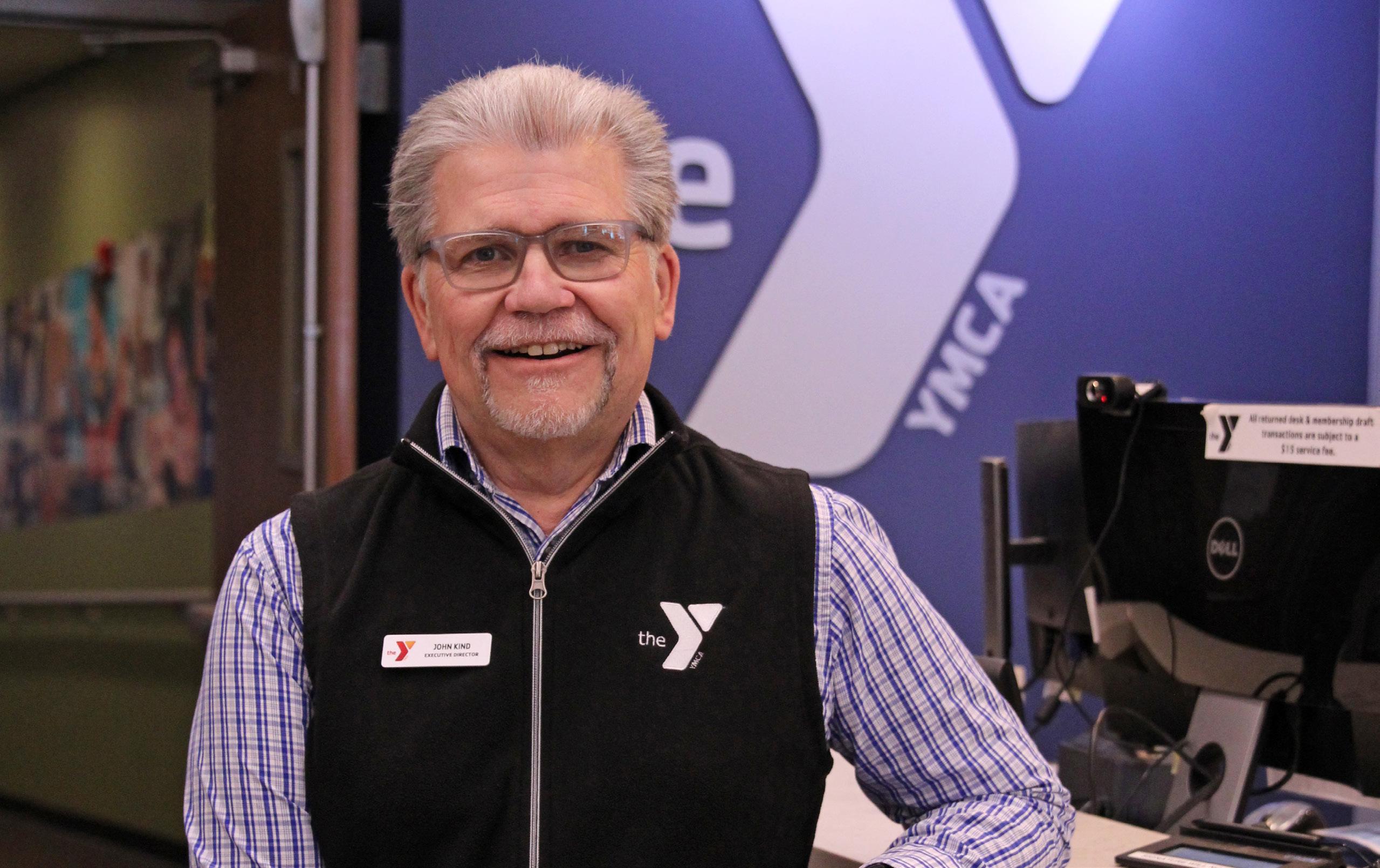
3 minute read
My Dad keeps falling, what can I do?
My Dad keeps falling, what can I do?
This can be one of the most frustrating and scary things for family members to think about. The idea that our parents may fall and get hurt and not be able to get help fast keeps many loved ones up at night.
Yes, there are fall pendants, however many individuals forget to put it on or may decide not to wear them overnight. Overnight is when many falls happen.
There is nothing you can do to guarantee that a person of any age will never experience a fall. The likelihood undoubtedly increases as one ages, with medical and physical complications. However, there are things individuals can do to help prevent falls.
1. Be aware of your surroundings and always use assistive devices such as walkers or canes. You can also mark elevation changes such as stairs, threshold, and steps to make it easier to see and adjust your body to elevation changes.
2. Keep your home safe. Remove clutter and keep at least 36-42 inches in width for safe walking paths. You should also remove or secure throw rugs and keep walkways well-lit. Home health services, like Adara Home Health, can help keep the home safe in a variety of ways. Professionals can implement a low vision program that helps those with decreased vision navigate their space. Occupational therapy can recommend assistive devices.
3. Stay active. Inactivity leads to weakness that is a significant risk factor for falls. It is however important to decrease your activity and be more careful on a “bad day.” Moreover, get plenty of rest, fluids, and proper nutrition; this helps to
maintain your strength and balance. Adara Home Health can help individuals stay active and independent. Physical therapy can help individuals safely work on strength-building and balance issues. Ongoing exercises can be recommended.
4. Review your medications. A medication review also includes over-the-counter medications and supplements. Some side effects of medications can make you light-headed, dizzy, or drowsy. This should be discussed with your physician. Home health services can help manage medications and educate patients and caregivers about new medications. Skilled nursing services can also set up medications and help monitor for adverse effects.
5. Wear proper footwear. Wear shoes with support. This lessens pain and increases balance. Non-slip soles can also help individuals avoid slipping.
If you are concerned about falling or worried about a loved one falling, start by making an appointment with your primary care provider to discuss the best fall prevention options. ■
To learn more, visit adarahomehealth.com










